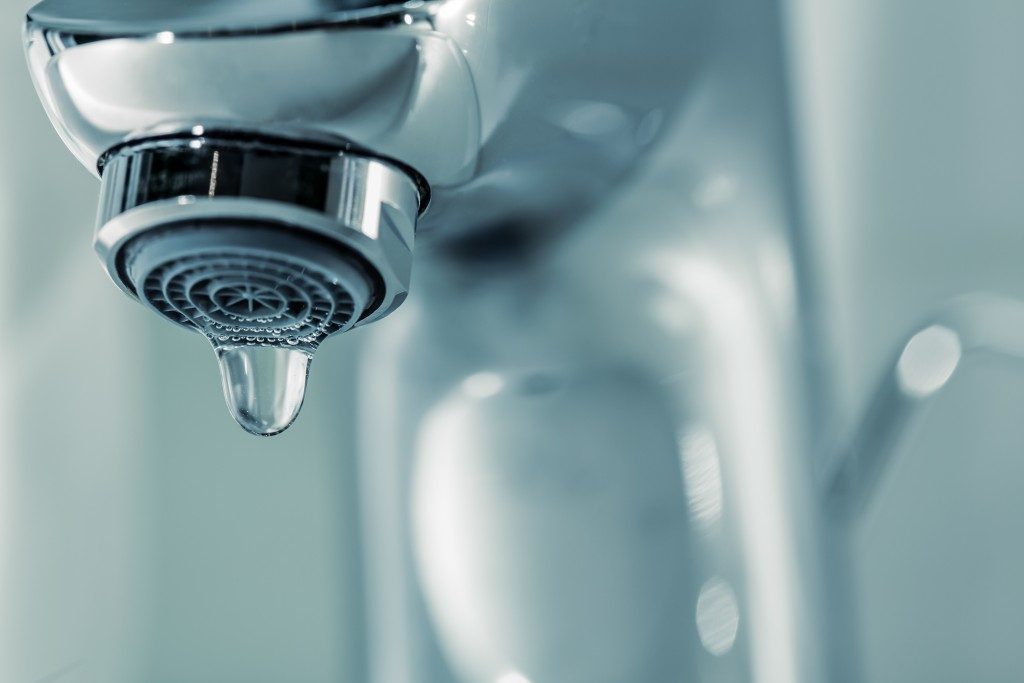Hard water is fresh water that contains fairly high amounts of magnesium, calcium, and other trace metals. While hard water isn’t particularly bad for your overall health, it could wreak havoc on your appliances and plumbing system. Understanding how hard water could negatively impact your plumbing and appliances can aid you in figuring out your next steps in order to resolve the issue.
What’s the Problem with Hard Water?
Hard water could cause all sorts of problems since it creates soap buildup, reacts aggressively with cleaning products, and could cause premature wear on your appliances and plumbing fixtures.
Water purification and softener repair experts in Salt Lake City list the most common problems that hard water can cause below:
- Difficulty getting shampoo and soap to lather and rinsing them off properly, resulting in dry and lifeless hair and skin
- The buildup of scale inside pipes, which in turn restricts water flow
- The buildup of scale and film on ceramic fixtures and tiles
- Premature wear of clothing due to inefficient clothes washing
- Water spots on dishes and glasses when cleaned using your dishwasher
- Deposits of scale, which in turn shortens the service life of your water heater
How Hard Water Can Damage Your Plumbing

Aside from the buildup of mineral that hard water leaves on faucets, shower, sinks, bathtubs, it also leaves this extremely damaging buildup inside your appliances, plumbing fixtures, and pipes. As you can’t see this buildup, it will eventually lead to all sorts of plumbing issues like clogs, reduced water flow, and significant stress on fixtures and pipes.
This could likewise cause appliances to function less and wear out faster. For instance, having buildup inside your water heater means that your unit needs to heat water along with the buildup, which makes your heater work harder than it should.
Ultimately, hard water can lead to less efficient appliances and plumbing, resulting in unnecessary repairs over time.
Do You Have Hard Water?
Scale buildup, which is white in color, is usually a sure indication that you have hard water at home. If you want to confirm your suspicion, you can do a test by placing water and dish soap inside a closed bottle.
If after shaking you see that the solution didn’t create a substantial amount of suds, this might indicate that you have hard water. You can likewise check your local hardware store or home center for water hardness testing kits. With this, you have to run water over a test strip and match them to the color gauge included in the kit to determine whether or not you have hard water. If you’re looking for more accurate results, however, you can have your water provider or water purification expert test the water for you.
If you find that you do have hard water, you can try using water-conditioning products that can help soften your water. However, if you have severely hard water, you’re probably better off using a water softener system. Consult your local water purifier specialists to determine the most suitable solution for your specific needs.






